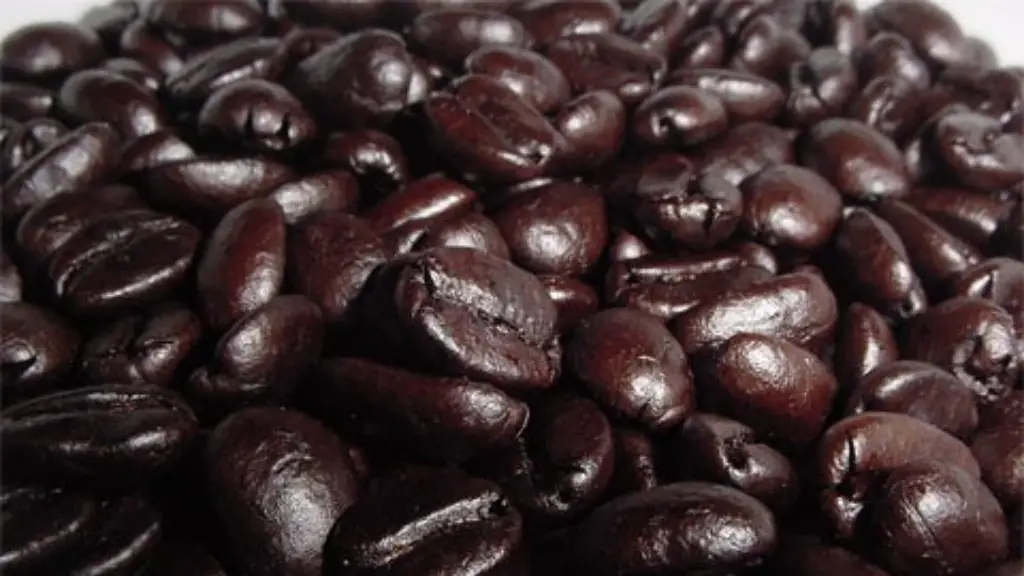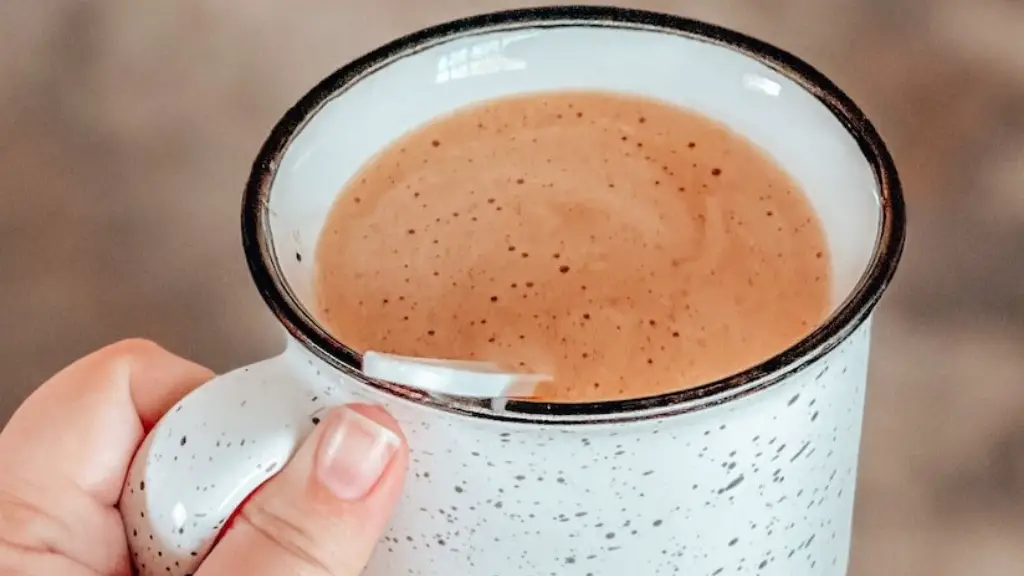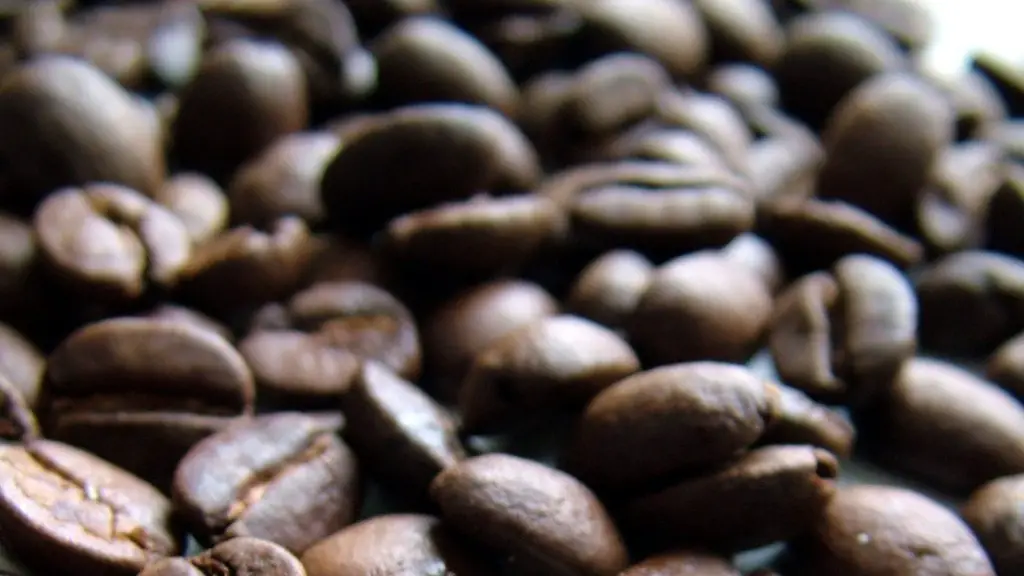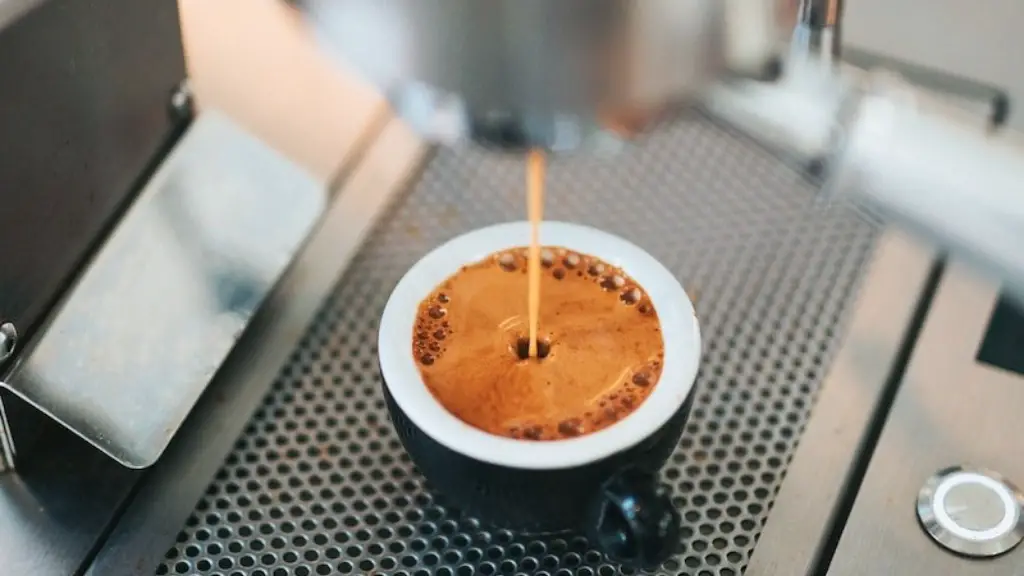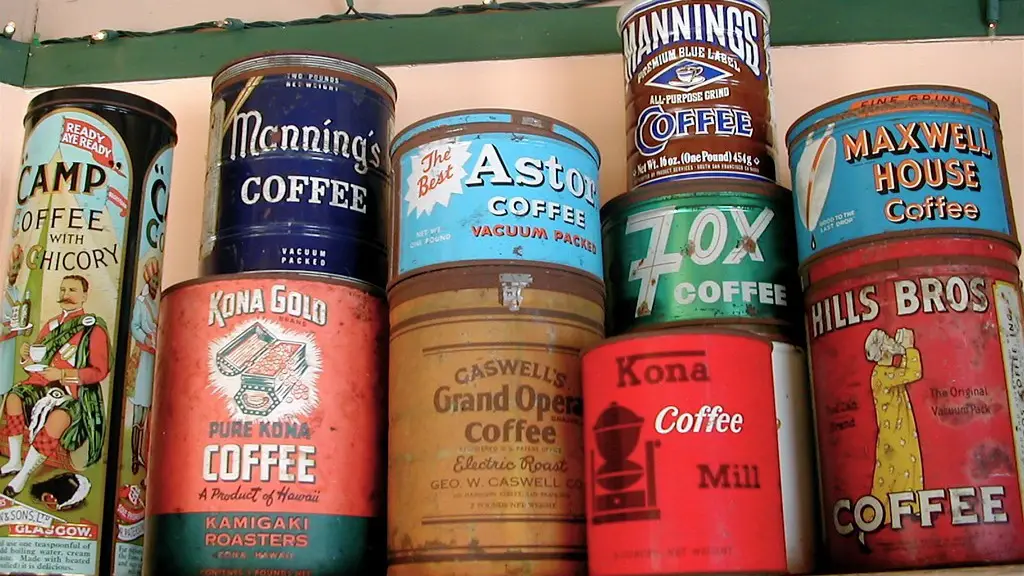Coffee and medicine can be a tricky combination. Coffee contains caffeine, which can interfere with the absorption of many types of medication.
Although it is generally safe to drink coffee after taking medicine, there are some potential interactions that you should be aware of.
In general, it is safe to consume coffee after taking most medications, however there are some exceptions. Certain medications that are sensitive to caffeine may be affected by consuming coffee shortly after taking them.
It is important to read the instructions on your medication as well as speak with your doctor or pharmacist if you have any questions. It is also a good idea to wait at least an hour before drinking coffee after taking medication.
Precautions to Consider when Drinking Coffee after Taking Medicine
It is important to consider the potential interactions between coffee and any medications you may be taking. Caffeine can interact with some medicines, such as those used to treat depression, anxiety, and migraines. It can also interact with certain antibiotics and heart medications. In general, it is best to wait at least an hour after taking medicine before consuming coffee.
Coffee may also increase the side effects of certain medicines. For example, drinking coffee while taking a stimulant drug can lead to increased nervousness or jitteriness. Additionally, drinking coffee while taking a sedative can make the sedative less effective.
Drinking too much coffee can also interfere with the effectiveness of some medicines. Consuming more than 400 milligrams of caffeine per day could reduce the absorption rate of medications like ibuprofen and acetaminophen, making them less effective.
If you are unsure about whether or not it is safe for you to drink coffee after taking medicine, it is best to speak with your doctor or pharmacist for advice. They will be able to provide information on how different medications might interact with each other and advise you on how much caffeine is safe for you to consume in a given day.
Alternatives to Drinking Coffee After Taking Medicine
For those who enjoy a cup of coffee in the morning, but need to take medication, there are plenty of alternatives. Many people opt for herbal tea, which is both soothing and caffeine-free. If you’re looking for something with a bit of kick, try black or green teas. Both contain less caffeine than coffee, while providing a flavorful and energizing beverage.
If you’re not a fan of hot drinks, try making a smoothie with your favorite fruits and vegetables. You can even add protein powder and other supplements to keep your energy levels up throughout the day. Other options include non-caffeinated energy drinks or sports drinks that are low in sugar.
Finally, if you need an extra boost of energy, try some simple lifestyle changes such as exercising regularly and getting enough sleep. Eating frequent meals throughout the day can also help you stay energized and alert without relying on caffeine. By making healthy lifestyle choices, you can experience sustained energy without the need for coffee or other caffeinated beverages.
Potential Interactions between Medicine and Caffeine
Caffeine is a widely consumed stimulant found in coffee, tea, energy drinks, chocolate, and various other products. It is important to be aware of the potential interactions between caffeine and medication. While it is generally safe to drink coffee after taking medicine, there are certain medications that could interact with caffeine and cause unwanted side effects. For instance, if you are taking an anti-anxiety medication like diazepam, consuming caffeinated beverages could increase the risk of experiencing tremors or over-stimulation. Similarly, if you are taking an antidepressant such as fluoxetine, drinking caffeine could reduce the effectiveness of the medication. It is always best to consult a healthcare professional before combining medication with caffeine.
In addition to affecting certain medications, consuming too much caffeine can also have negative health effects on its own. Caffeine can lead to restlessness, insomnia, headaches, and irritability when consumed in large amounts. Therefore it is important to be mindful of your daily caffeine intake to avoid these symptoms.
Reasons for Avoiding Coffee After Taking Medicine
It is generally advised to avoid consuming coffee after taking medicine because caffeine can interfere with the body’s ability to absorb the medication. Caffeine can speed up the process of absorption, which can make the effects of the medicine more intense or cause it to wear off more quickly. Additionally, coffee can also increase the side effects of certain medications and make them much worse. Therefore, it is important to wait at least two hours after taking medication before drinking coffee or any other caffeinated beverage.
Moreover, certain medications such as antibiotics and antacids may interact with coffee and cause adverse reactions. Therefore, it is important to read the label on your medication carefully and consult with your doctor before consuming coffee if you are on any kind of medication.
In conclusion, it is best to avoid drinking coffee after taking medication in order to avoid any potential adverse reactions or drug interactions.
Impact of Caffeine on the Absorption & Metabolism of Drugs
Caffeine is a stimulant that is found in coffee, tea, soft drinks and chocolate. It can also be found in some medications used for migraine headaches and other ailments. While caffeine can provide an energy boost, it can also affect the absorption and metabolism of certain drugs. It is important to understand how caffeine affects drug absorption and metabolism before drinking coffee after taking medicine.
When caffeine is consumed, it is absorbed through the stomach and small intestines. This absorption process can interact with certain drugs, slowing down their absorption into the body. As a result, the drug may take longer to take effect or may not be as effective as it should be. In addition, caffeine can increase the metabolism rate of certain drugs. This means that the body breaks down the drug more quickly than usual so that it does not remain in the body for as long.
It is recommended that patients wait at least one hour after taking a medication before drinking coffee or consuming other sources of caffeine. Depending on the type of medication taken, this time frame may need to be extended. It is always best to consult with a healthcare provider before making any changes to your diet or medication routine.
Reasons for Not Mixing Caffeine and Medications
Caffeine can interact with certain medications, making them less effective and potentially dangerous. In some cases, drinking coffee after taking medicine can also increase the risk of side effects. Caffeine can affect how your body processes and absorbs medications, so it’s important to be aware of potential interactions. Some of the most common types of medication that should not be mixed with caffeine include antidepressants, blood pressure medications, diuretics, and stimulants. Additionally, caffeine should be avoided when taking antibiotics or any other medications that are known to cause drowsiness. It is best to talk to a doctor to determine if it is safe to consume caffeine while taking any type of medication.
Overall, caffeine consumption should be limited while taking medications as it may lead to unwanted side effects or make the medication less effective. It’s always best to consult a doctor or pharmacist before consuming any type of beverage or food when taking medications.
The End
In conclusion, it is important to consider the type of medication being taken before consuming coffee. Some medications can interact with caffeine and cause side effects, while others may not be affected. If you are unsure, it is best to check with your doctor or pharmacist before drinking coffee after taking medication. It is always important to take care of your health and safety first.
